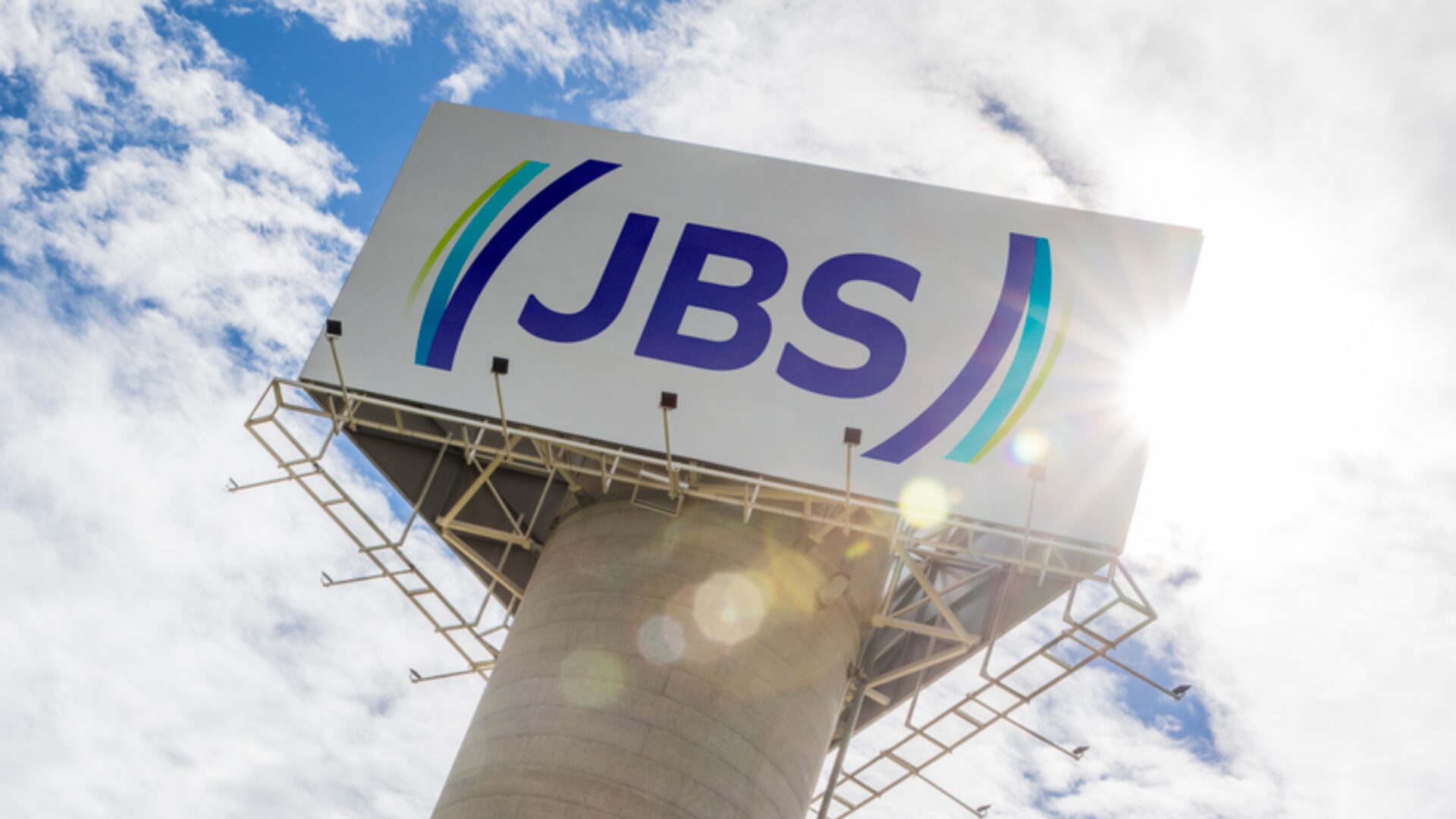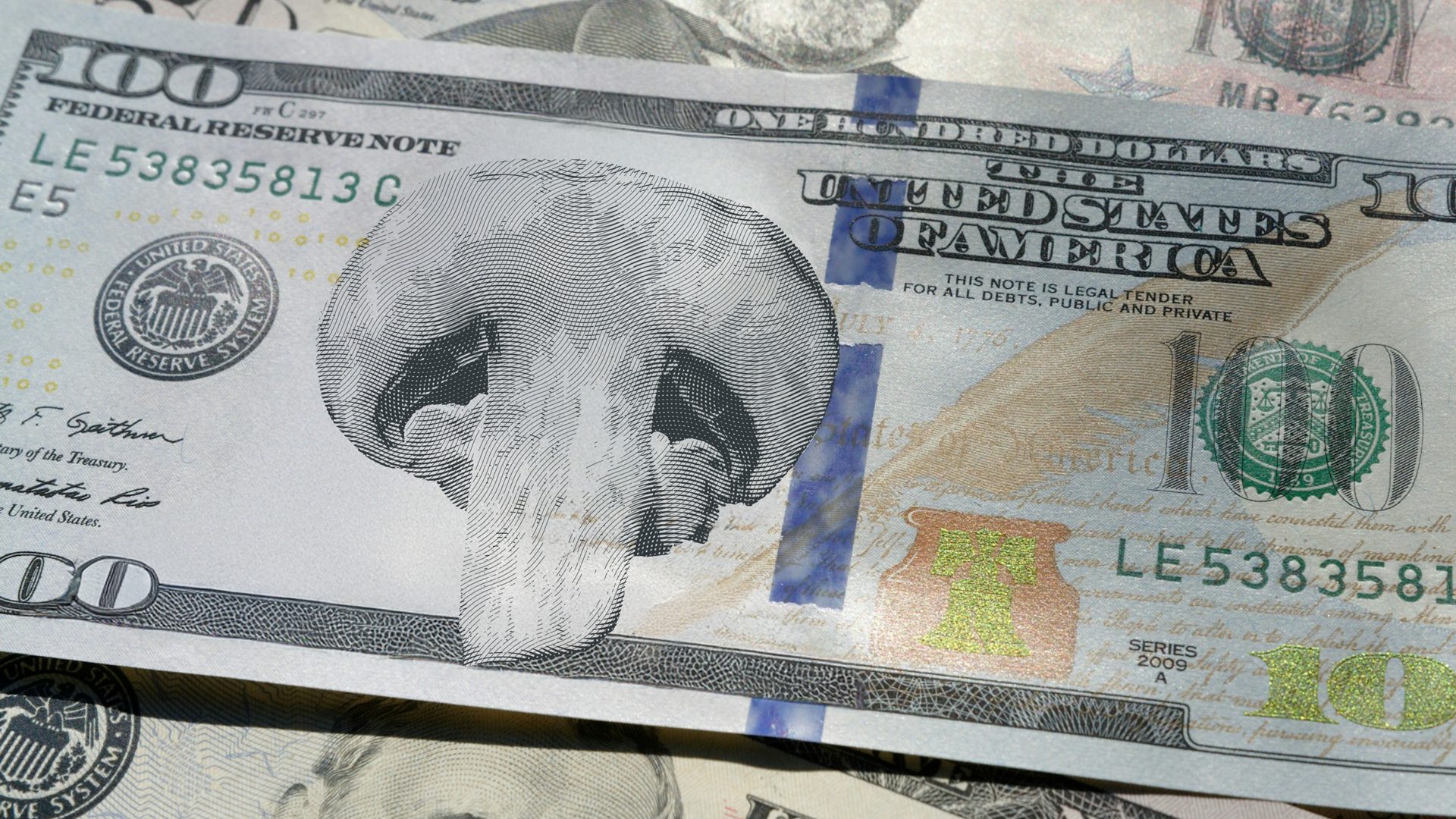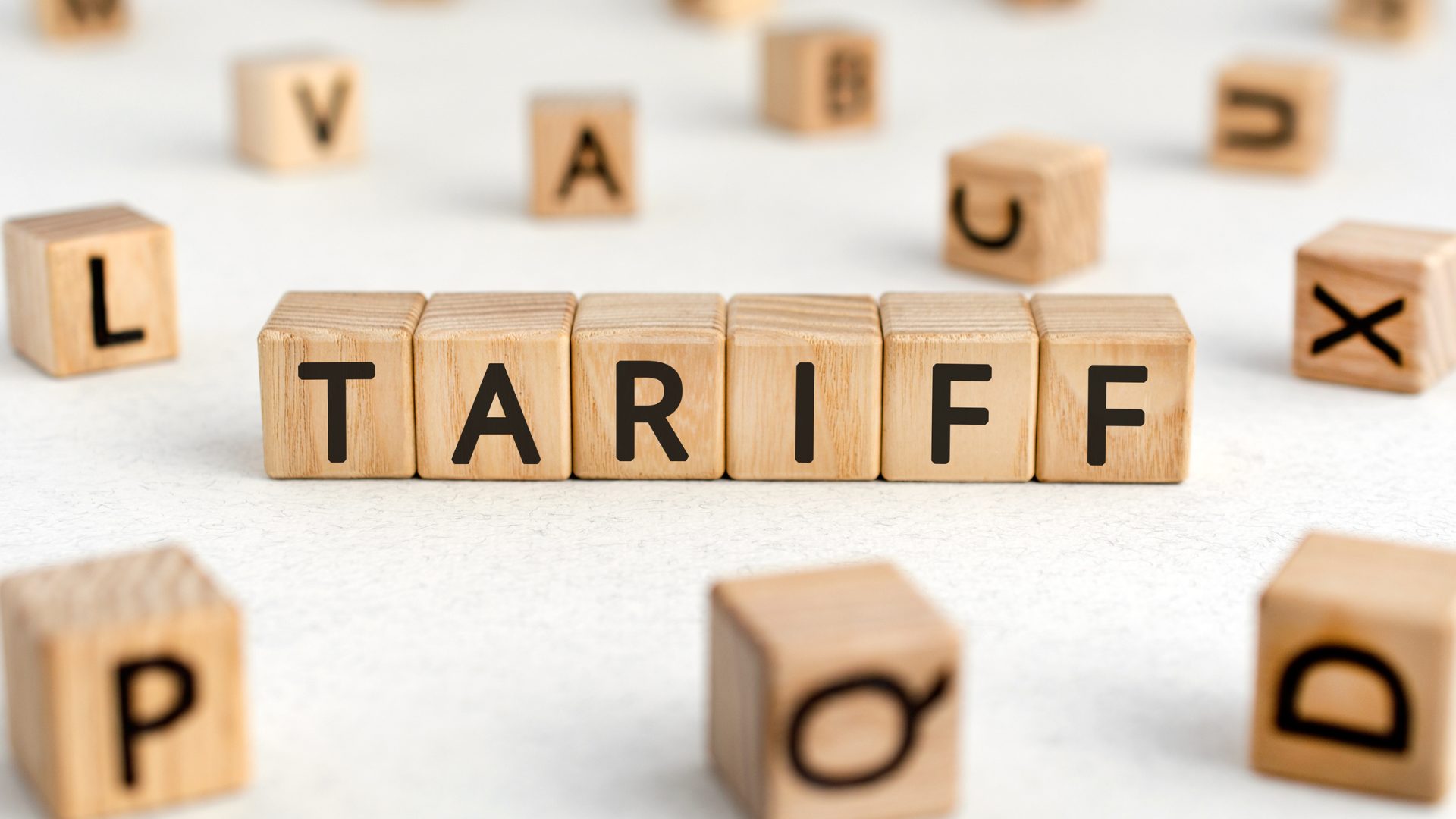At an investor event last month, executives from JBS N.V., the world’s largest meatpacker, laid out the simple case for JBS stock to quadruple in five years. Some of the increase was anticipated to come from underlying profit growth over the period, but the majority came from ‘re-rating.’
In other words, were JBS stock to trade at a similar profit-based valuation as peers like Tyson Foods, Hormel, and Smithfield, the stock would skyrocket.
At the time, JBS traded at a little under 5x EV/EBITDA. (That’s enterprise value, or the sum of equity plus debt in the business, divided by earnings before interest, taxes, depreciation, and amortization. The metric is often used to compare companies, since it takes the broadest possible view of the respective businesses and excludes the impact of balance sheet debt and associated interest.) Management noted that the peer group was valued at about 8x.
Move JBS’s multiple to that 8x level, add some growth, and shares would soar.
The problem with this model, however, is that the market quite clearly doesn’t want to pay 8x EBITDA. So far, it’s not particularly thrilled about even 5x. In the month since JBS listed its shares on the New York Stock Exchange – its first listing outside of its home country of Brazil – those shares have actually declined modestly.
The reticence from the market derives in part from the circumstances surrounding that listing. JBS first tried an initial public offering in the U.S. all the way back in 2009. After two postponements, the effort was called off.
In late 2016, JBS filed for another U.S. IPO. Soon after, a corruption investigation in Brazil thwarted those plans. JBS’s controlling shareholder (then and now), J&F Investimientos, run by two sons of the company’s founder, would pay more than $3 billion in fines in Brazil, and hundreds of millions more elsewhere. There have also been environmental criticisms around the company’s purchase of meat from illegally cleared land in the Amazon, while JBS in January settled with the U.S. Department of Labor over its misuse of child labor.
After that long history, more than a few investors likely just don’t trust JBS.
Concerns about tariffs are another factor, though those worries are limited somewhat by the far-flung nature of the company’s production. (Only about a quarter of its sales run through export channels.)
Why JBS Might be Undervalued
So, the core question for JBS over the next few years is whether it can regain investor confidence, which would drive the market to assign a higher valuation closer to peers, driving JBS stock higher in the process.
It’s certainly an achievable goal, because underneath the negative headlines is a truly impressive business.
70 years after it was founded as a butcher shop in rural Brazil, JBS is the largest producer of poultry in the world and the largest producer of beef in the world, while ranking number 2 in pork. Like its peers, JBS has focused on prepared foods as a growth driver with some success; in that category, too, the company claims global leadership. Relative to Tyson, its most direct peer, JBS is larger and faster-growing with better profit margins and return on invested capital.
Given those advantages, on paper there’s a case that JBS should trade at a premium to peers, rather than a discount. In practice, the fact that J&F still controls over 80% of the voting power of the company likely keeps some investors away.
The mission for JBS executives over the next few years is clear: to change the perception of JBS in the capital markets.
Success on that front will bring in currently skeptical institutional investors; the addition of the stock to major indices can further drive buying demand.
The good news for JBS, perhaps, is that it won’t take quite as much as it used to in order to change investors’ minds. The intense focus on ESG (environmental, social, and governance) investing early this decade has reversed; in some cases, prioritizing ESG factors has fallen into disfavor. (For instance, more than a few state governments have now prohibited the use of ESG considerations by public investment funds.)
And so JBS doesn’t necessarily need to be the best corporate citizen; it just needs to stay out of the headlines. At this price, it seems likely the rest will take care of itself.
About the author: Vince Martin is an analyst and author whose work has appeared on multiple financial industry websites for more than a decade; he’s currently the lead writer for Wall Street & Main. He has no positions in any companies mentioned.
The Food Institute Podcast
Several economic headwinds indicate the consumer is being financially stretched, but we all need to eat – so what are consumers actually buying at the grocery store? Nik Modi of RBC returns to The Food Institute Podcast to discuss channel differentiation, consumer product selection, and other macro trends.












